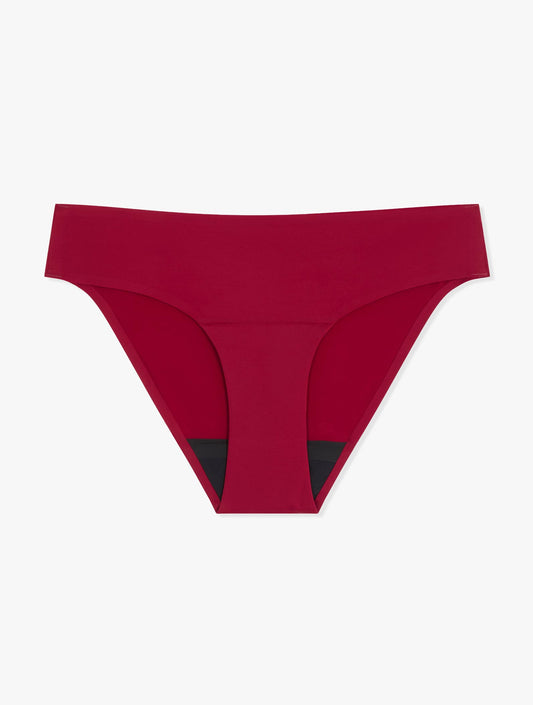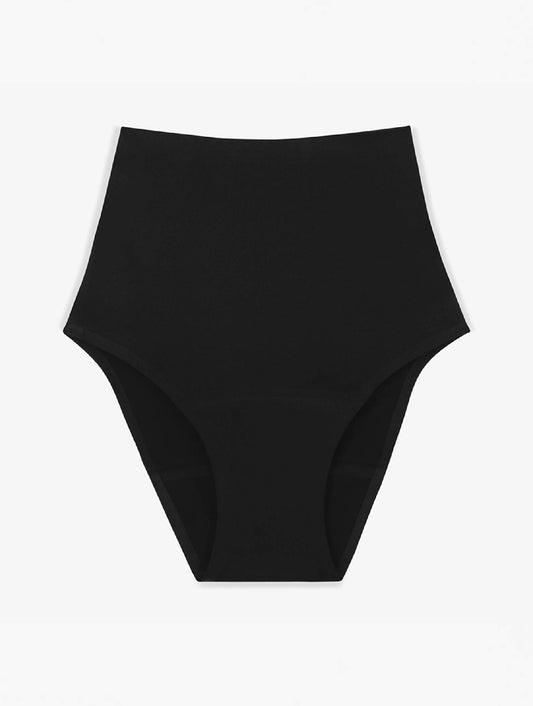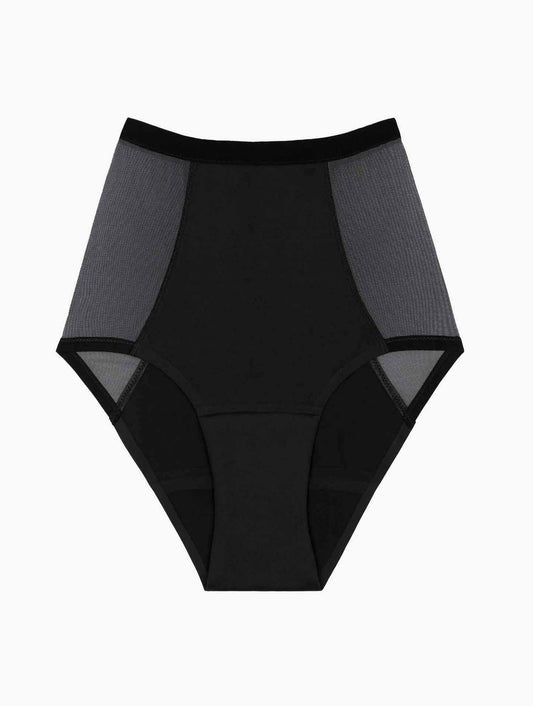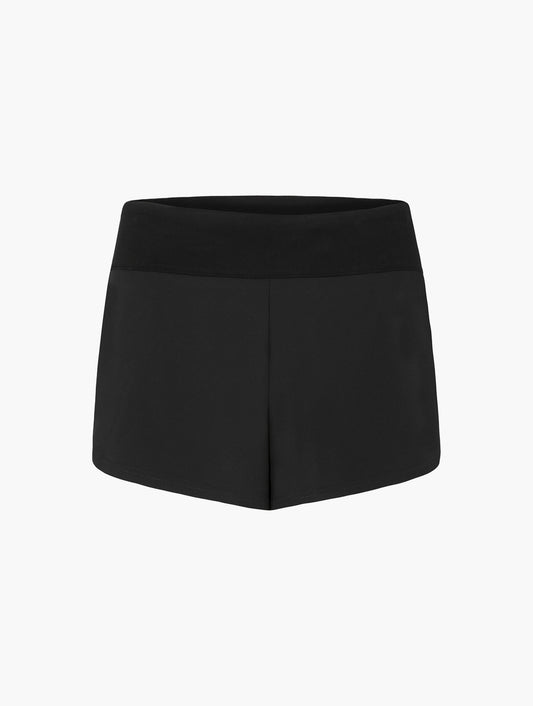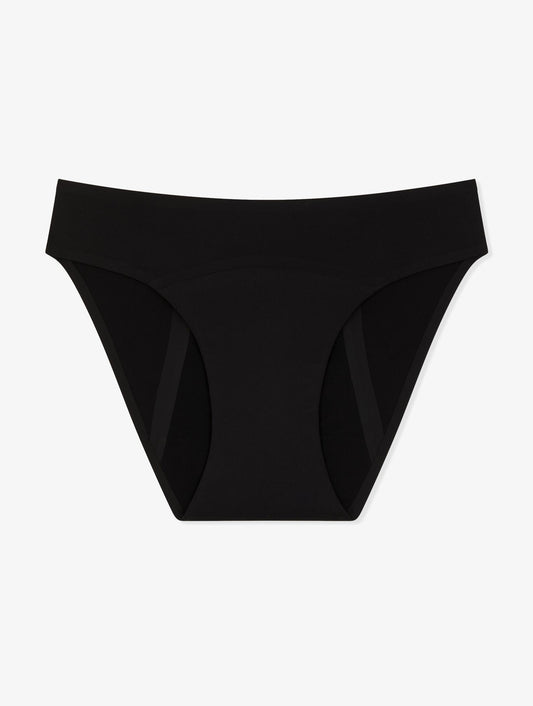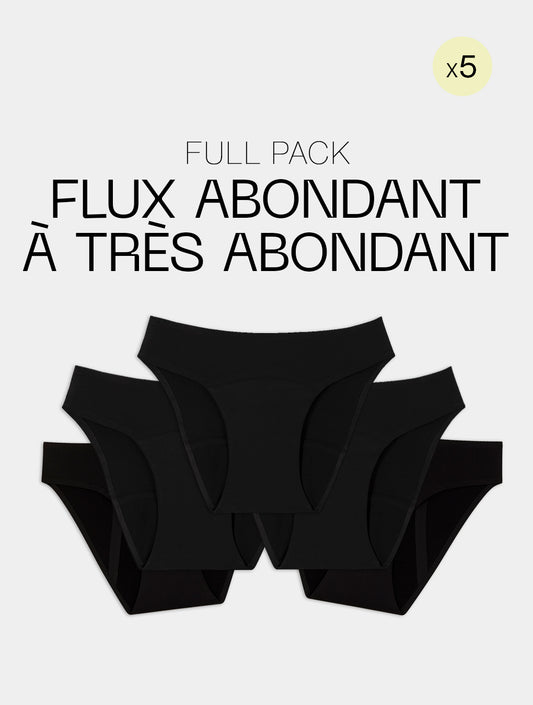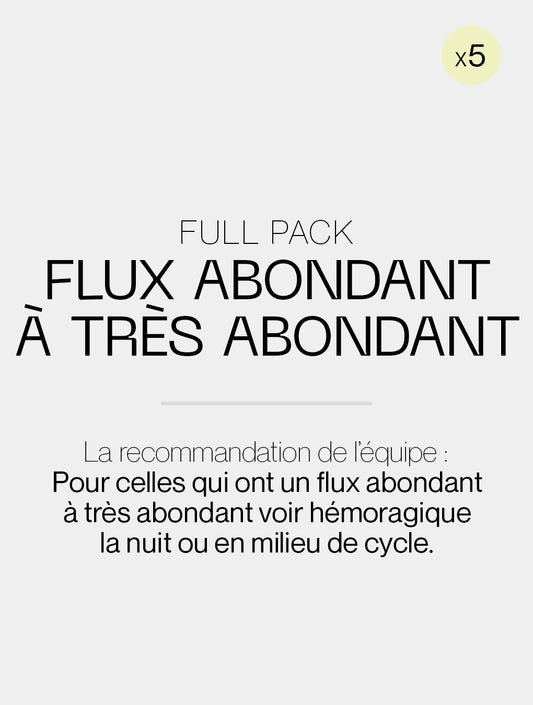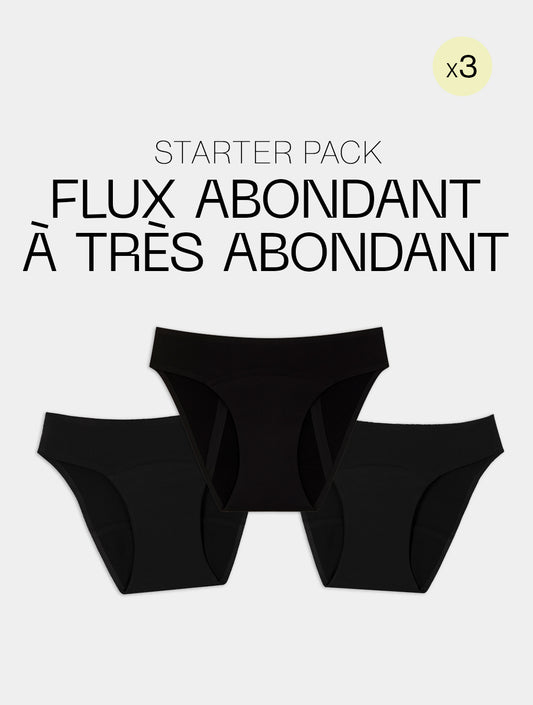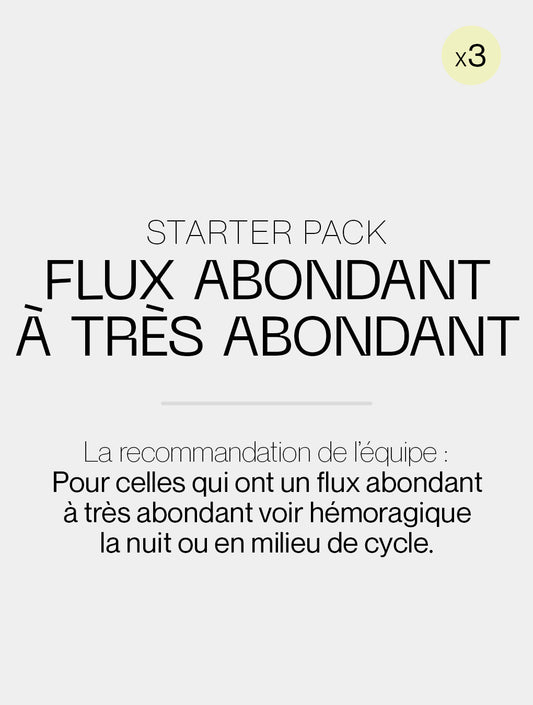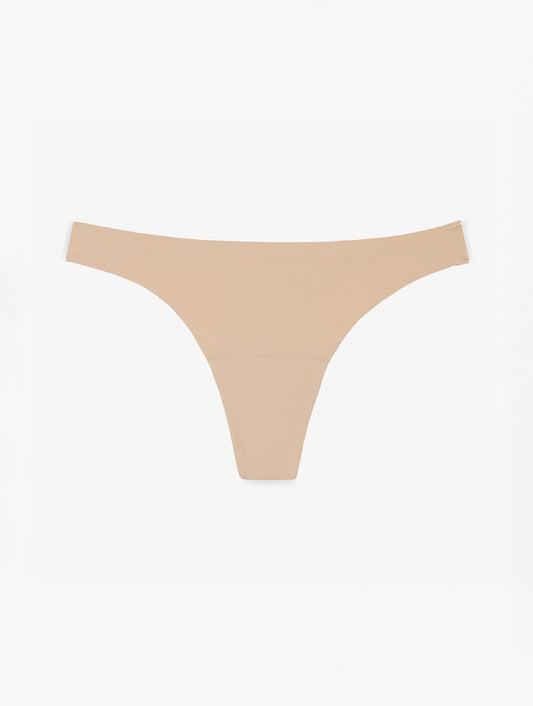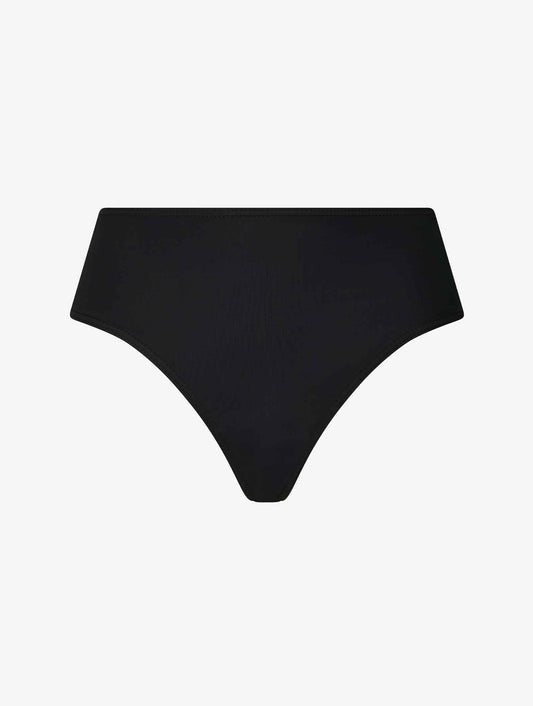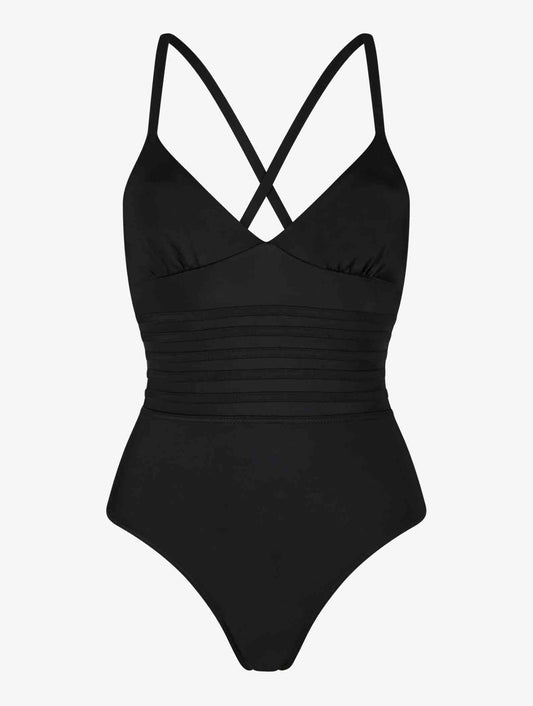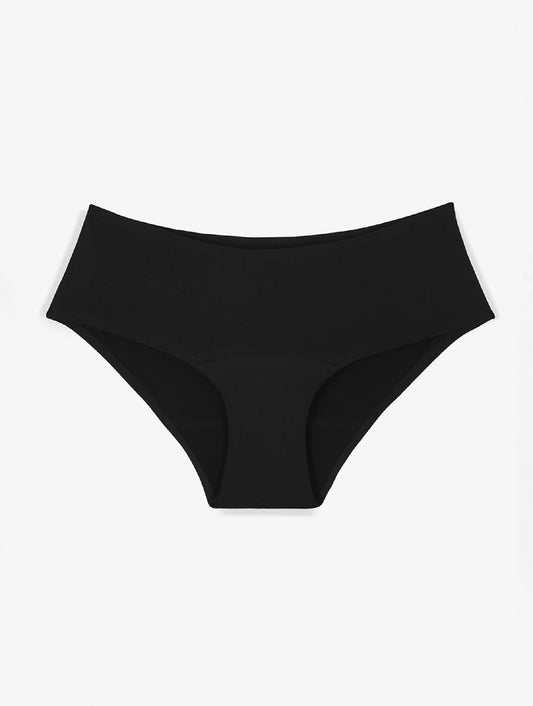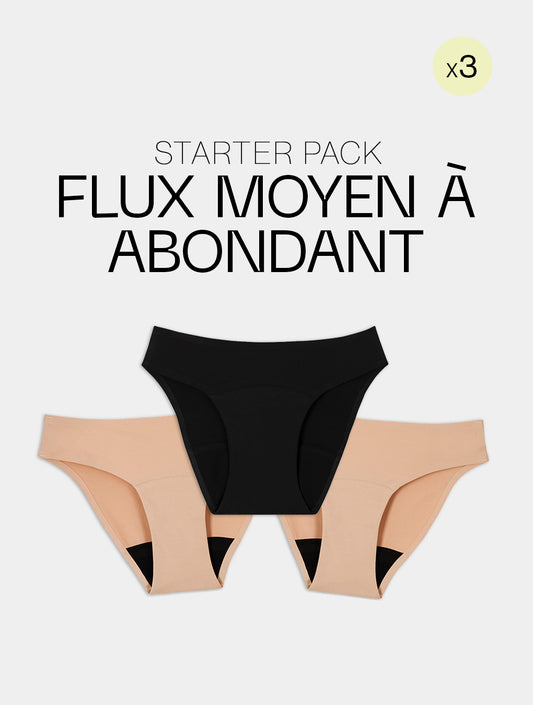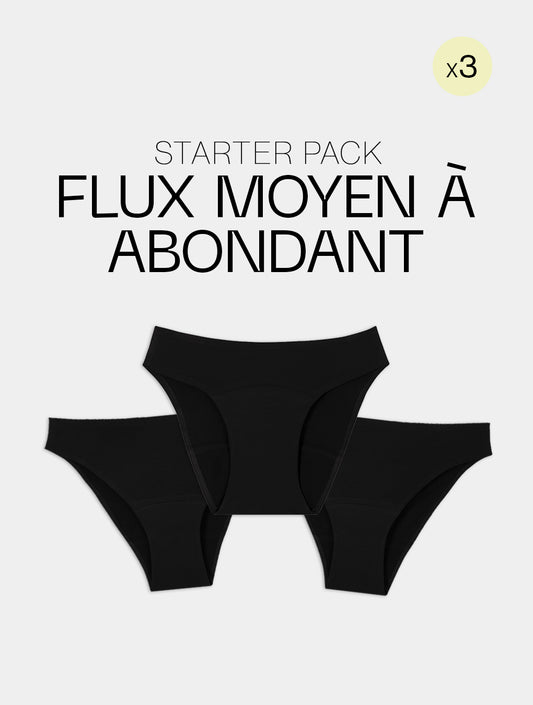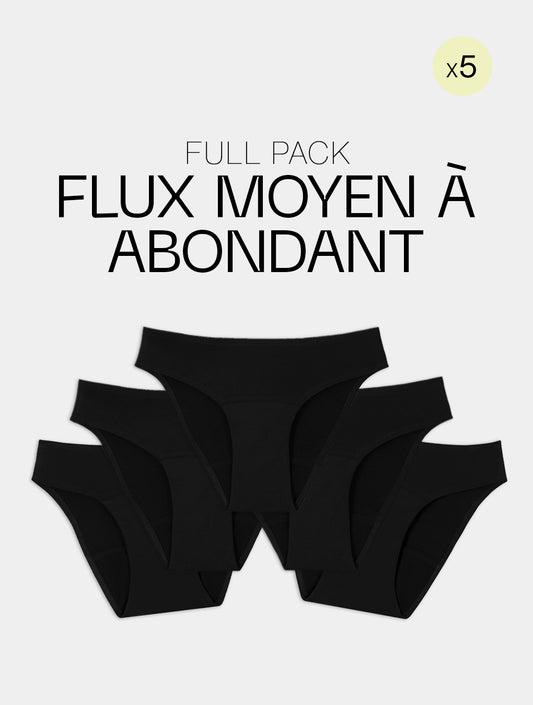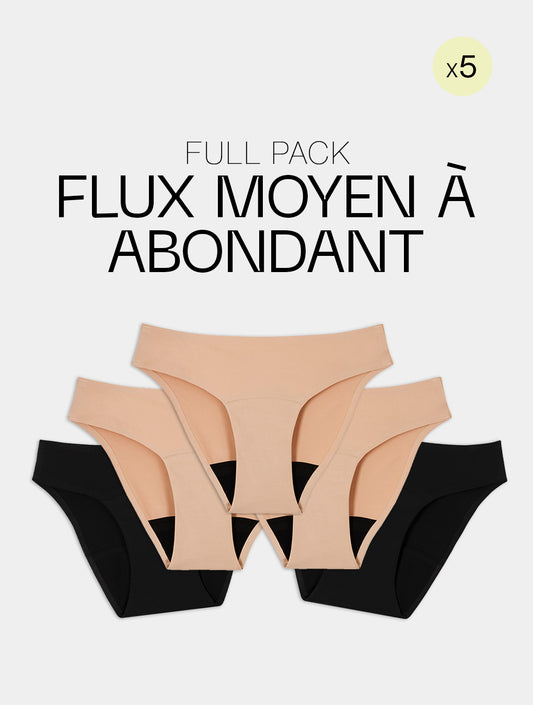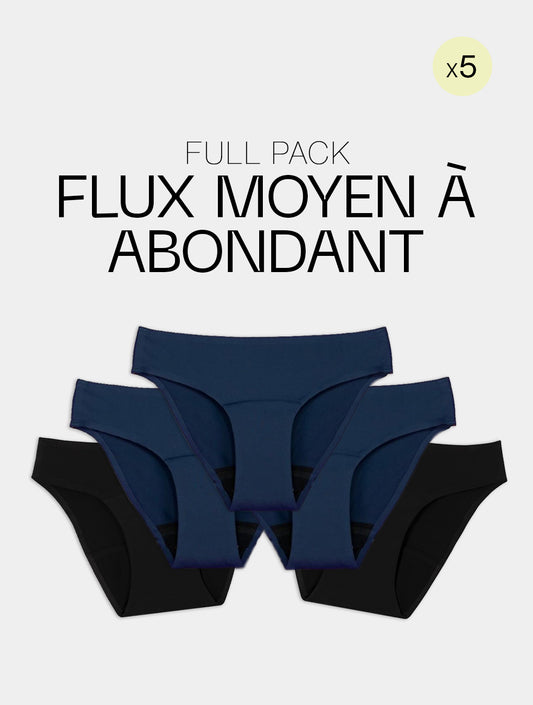My menstrual panties refunded? Yes quite !
It was not until the end of 2015 that they were classified among essential products in France, reducing their VAT to 5.5%. Unfortunately, the price of periodic protection still remains high. But good news, they can be covered by certain mutual insurance companies, even menstrual panties !
Women's initiatives that make things happen
First, it was a collective of women, the Georgette Sand, who convinced our deputies to look into the famous “pink tax” also known as the “tampon tax”. One more inequality between the sexes which is embedded in the price of certain services or products. Well yes, why does it cost us twice as much as these gentlemen to go to the hairdresser, and why are our disposable razors more expensive than theirs? And why were our hygienic protections, which we do not buy out of vanity, taxed at 20% and not at 5.5% like basic necessities ? Thanks to the Georgettes' rant, this injustice on periodic protection has been repaired since the end of 2015.
Women's initiatives around access to periodic protection continue and in 2018, it was a representative of the LMDE student mutual who inaugurated their first partial coverage. This is a first in France: periods become a health issue!
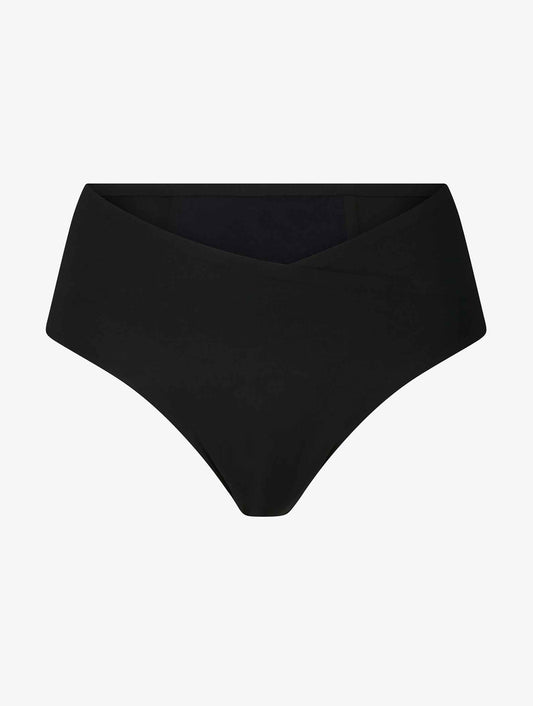

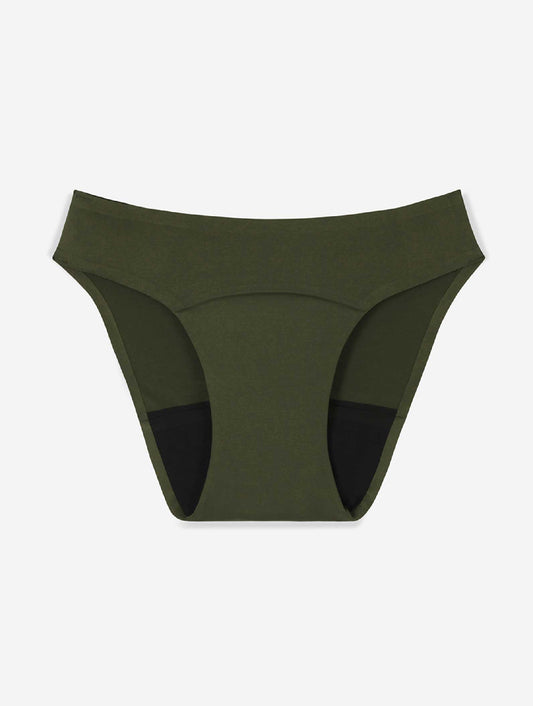



How do I know if my health insurance reimburses my menstrual panties?
If your mutual health insurance contract mentions “reimbursement of periodic protection”, then it’s all good.
Even if the reduction in VAT initially only concerned disposable period protection, since last year zero waste protection such as cups and period panties have benefited from the same status! The same goes for their coverage by mutual insurance companies which offer reimbursement for your intimate protection. Maybe it's time to switch to period panties if you haven't already? A fashionable protection that respects your vaginal flora , your movements, and our beautiful planet.
Is the process complicated to get reimbursed?
Absolutely not: the procedure to follow is generally the same as for all health reimbursements that must be made in advance. And even downright simple with certain mutual insurance companies. At nutUus or even SMENO, all you have to do is send a photo of your invoice via the application. A great initiative to encourage and facilitate access to new generation protections.
In terms of reimbursement rates, some mutuals go up to €100 per year depending on the contract signed. But this varies from one mutual fund to another. To find out what you are entitled to with yours, the easiest way is to ask them directly.
Other great initiatives against menstrual poverty
All over the world, many women have financial difficulties which prevent them from properly purchasing periodic protection. This is often the case among female students. But it’s moving! Many feminist groups are talking about the subject, and the #MeToo movement has given it a little boost.
In France: Things are moving in certain universities, such as in La Rochelle where two students launched the Primrose project . Thanks to their initiative, distributors of periodic protection, which they hope is durable and ecological, will be available free of charge at their university. Today we find similar movements in Rennes, at the Sorbonne, in Lille. In Montpellier, the Femmes Invisibles association distributes kits of hygiene products and periodic protection to women who live on the streets.
Other countries where things are happening - the list is not exhaustive and we hope this is just the beginning ;)
In Scotland: since 2018, feminine protection has been free for students and schoolgirls.
In England: a supermarket chain was responsible for the buffer tax before Brexit, which led to a reduction in VAT. As the United Kingdom is no longer bound by European legislation, hygienic protection is no longer classified as a beauty product.
In Germany: self-service tampons can be found in the toilets of museums and cafes.
In California: public schools are required to provide free periodic protection to girls.
In South Korea: young women from the poorest families benefit from help with these essential feminine products.
By Elise









